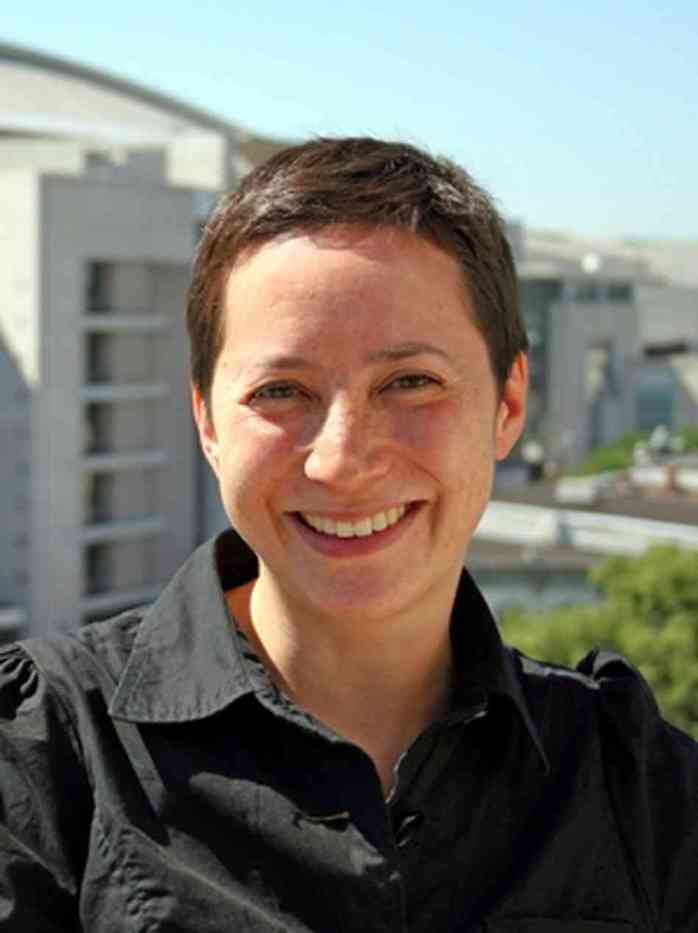
The story of Hong Kong has long been obscured by competing myths: to Britain, a ‘barren rock’ with no appreciable history; to China, a part of Chinese soil from time immemorial that had at last returned to the ancestral fold. To its inhabitants, the city was a place of refuge and rebellion, whose own history was so little taught that they began mythmaking their own past. When protests erupted in 2019 and were met with escalating suppression from Beijing, Louisa Lim—raised in Hong Kong as a half-Chinese, half-English child, and now a reporter who had covered the region for a decade—realised that she was uniquely positioned to unearth Hong Kong’s untold stories. Lim’s deeply researched and personal account is startling, casting new light on key moments: the British takeover in 1842, the negotiations over the 1997 return to China, and the future Beijing seeks to impose. Indelible City features guerrilla calligraphers, amateur historians and archaeologists who, like Lim, aim to put Hong Kongers at the centre of their own story. Wending through it all is the King of Kowloon, whose iconic street art both embodied and inspired the identity of Hong Kong—a site of disappearance and reappearance, power and powerlessness, loss and reclamation.
Author

Louisa Lim found her path into journalism after graduating with a degree in Modern Chinese studies from Leeds University in England. She worked as an editor, polisher, and translator at a state-run publishing company in China, a job that helped her strengthen her Chinese. Simultaneously, she began writing for a magazine and soon realized her talents fit perfectly with journalism. In 1995, Lim moved to Hong Kong and worked at the Eastern Express newspaper until its demise six months later and then for TVB Pearl, the local television station. Eventually Lim joined the BBC, working first for five years at the World Service in London, and then as a correspondent at the BBC in Beijing for almost three years. Lim opened NPR's Shanghai bureau in February 2006, but she's reported for NPR from up Tibetan glaciers and down the shaft of a Shaanxi coalmine. She made a very rare reporting trip to North Korea, covered illegal abortions in Guangxi province, and worked on the major multimedia series on religion in China "New Believers: A Religious Revolution in China." Lim has been part of NPR teams who multiple awards, including the Alfred I. duPont-Columbia University Award, a Peabody and two Edward R. Murrow awards, for their coverage of the Sichuan earthquake in 2008 and the Beijing Olympics. She's been honored in the Human Rights Press Awards, as well as winning prizes for her multimedia work. Currently attending the University of Michigan as a Knight-Wallace Fellow, Lim will return to her regular role as NPR's Beijing Correspondent before the end of 2014.